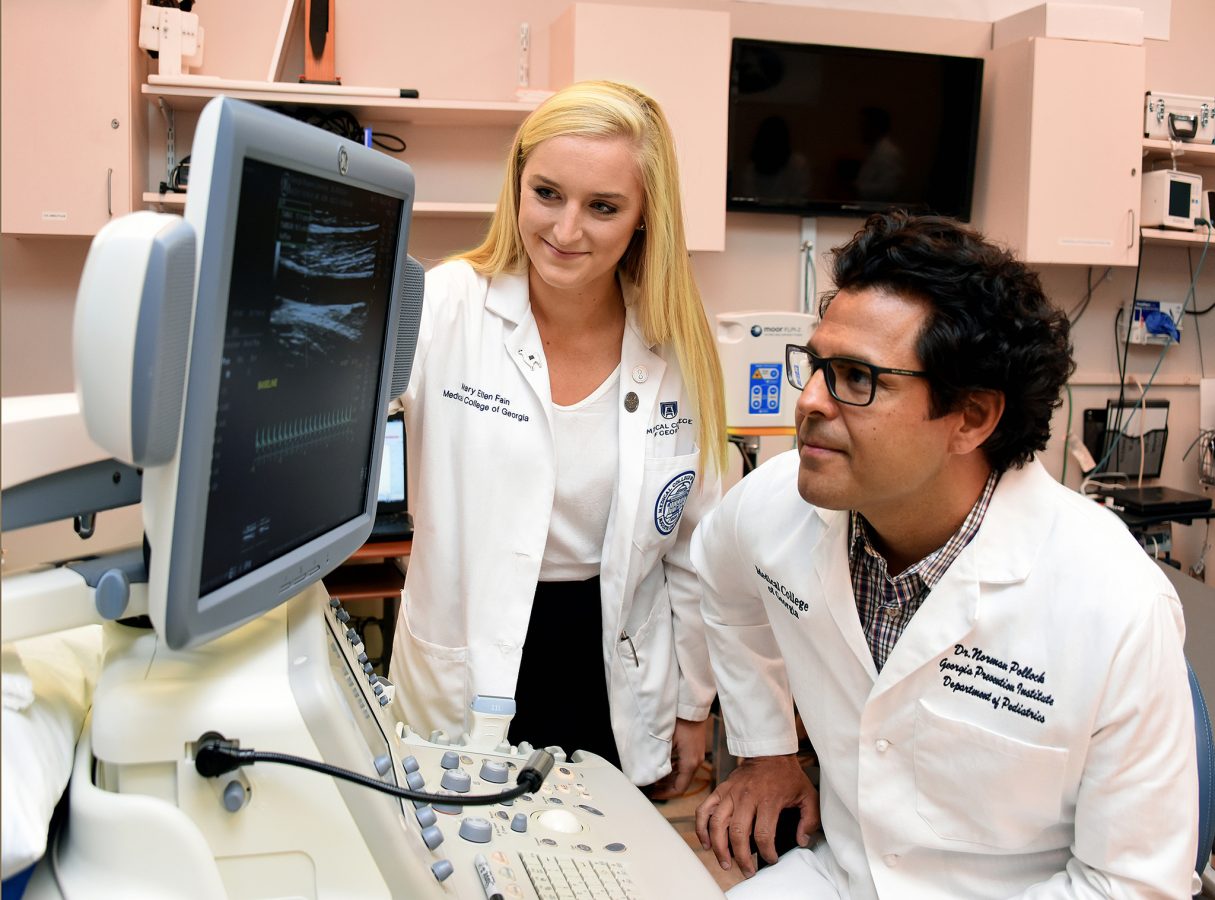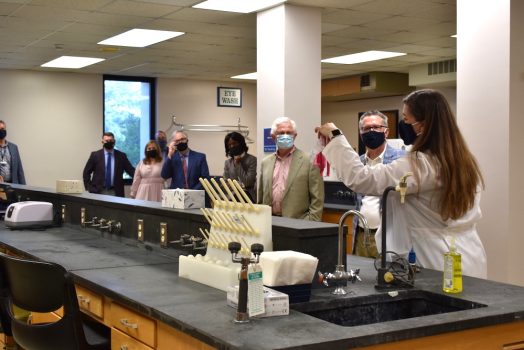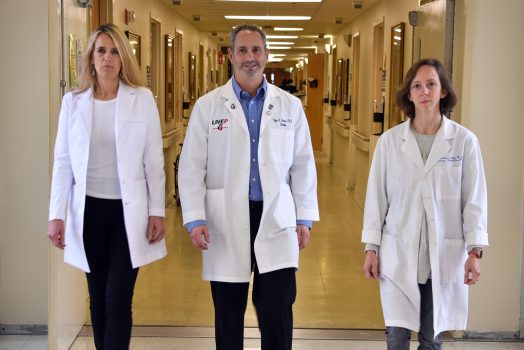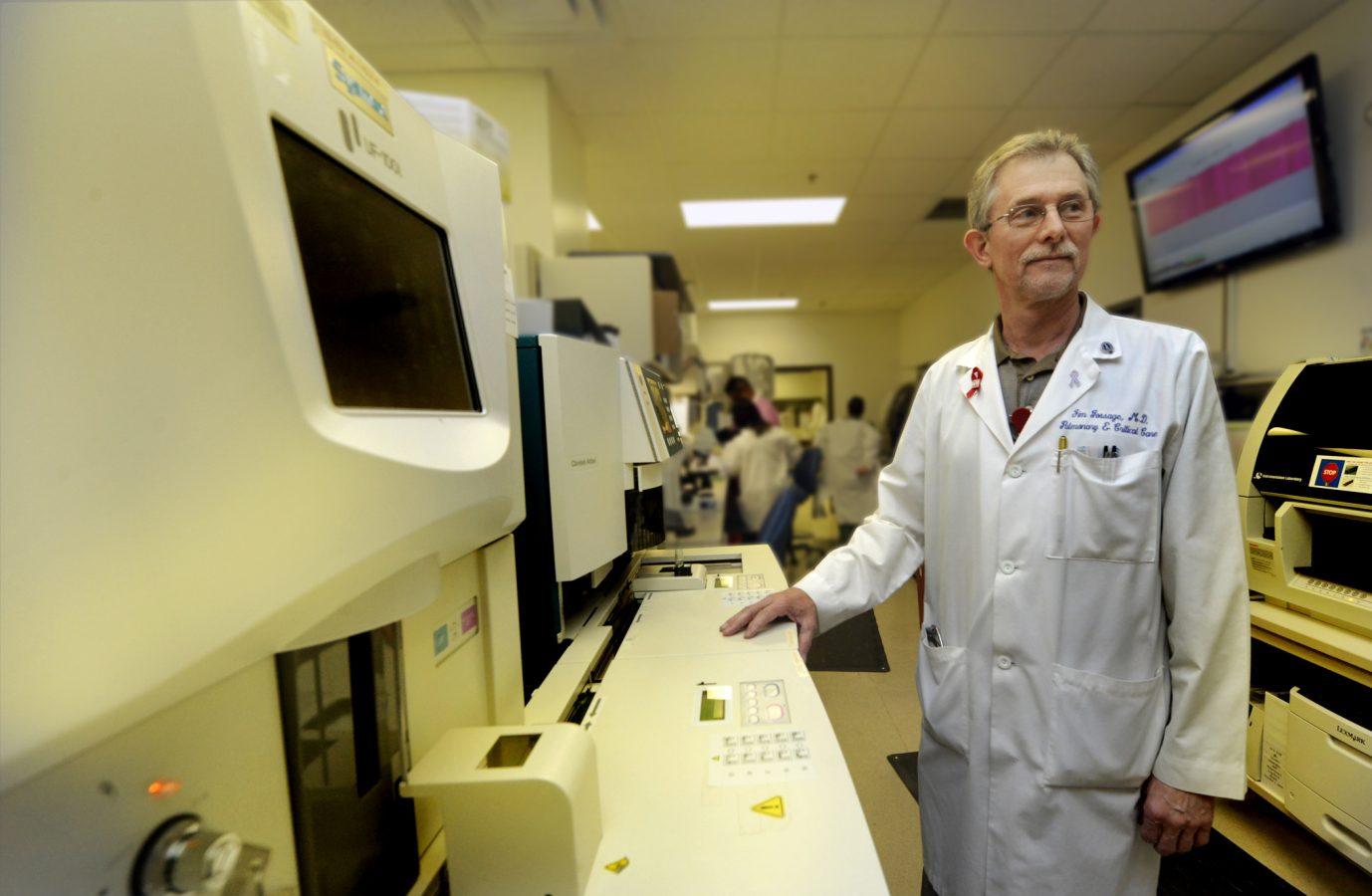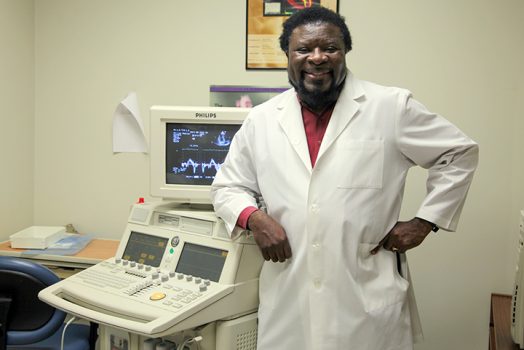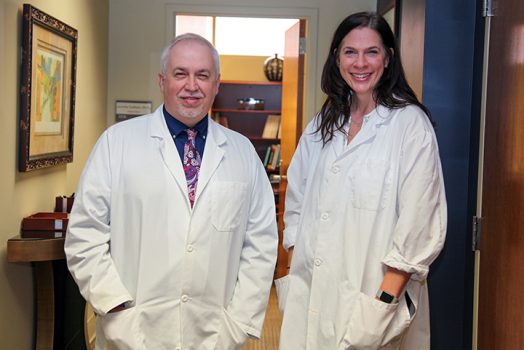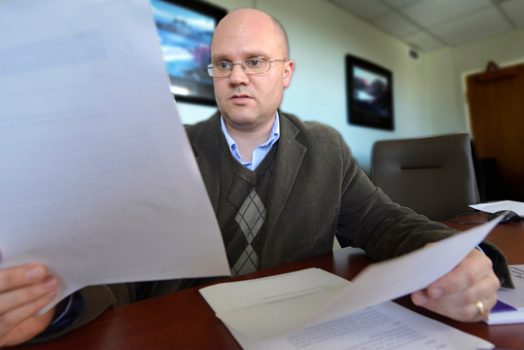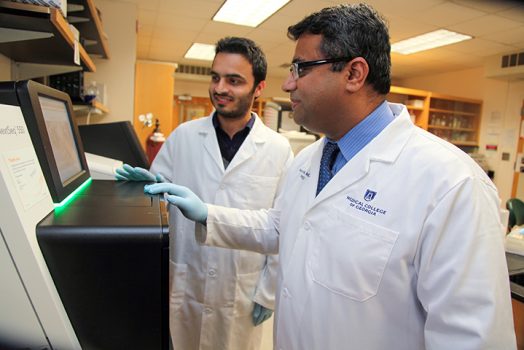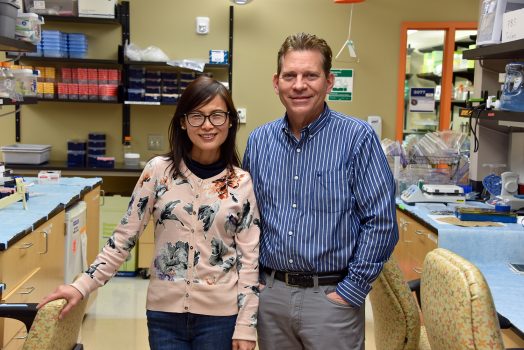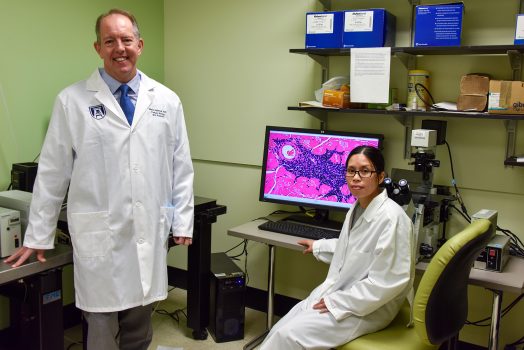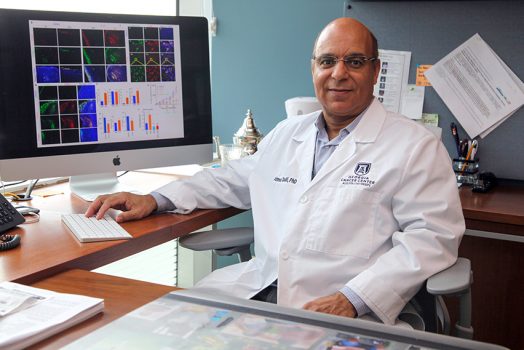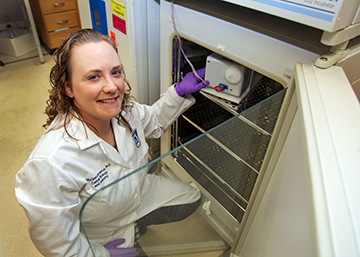The COVID pandemic appears to have triggered a big increase in insomnia disorder among health care workers at a medical-school affiliated health system, with the highest rates...
Georgia Rehabilitation Institute granted $65,722 to Augusta University to expand the capabilities of the medical sculpture lab for the Department of Medical Illustration in the...
A new transdisciplinary faculty research cluster in Inflamm-Aging and Brain Aging will be the focus of a three-year recruitment effort to grow Augusta University’s research...
MCG investigators are eyeing the non-pulmonary effects of cystic fibrosis, like barriers to nutrition and exercise, to help improve and increase the lifespan of people with the...
MCG researcher to lead a study in learning how cancer treatment might improve the quality of life of those living with HHT.
Medical College of Georgia investigators report a significant association between a faster decrease in resting heart rate from childhood to adulthood and a larger left ventricle...
Augusta University has received a $1.5 million grant from the National Institutes of Health to help support the graduate education of future scientists whose focus is...
A new study reinforces a close association between insomnia, more suicidal thoughts and actions and increased problems like anxiety and depression in people with schizophrenia...
Patients with a high number of genes most associated with pathways that lead to cell death in lung cancer are at increased risk of dying early from their disease, researchers...
“A curious nature can either get you into trouble or annoy those around you. The trick is to find those along the way who encourage your inquisitiveness and foster an environment...
New gene editing technology, prime editing, snips only a single strand of the double-stranded DNA. CRISPR makes double-strand cuts, which can be lethal to cells, and produces...
As the name implies, induced pluripotent stem cells can become any type of cell in our body, and scientists have evidence that when they prompt them to become muscle progenitor...
Georgia Cancer Center researcher tackles clinical trial hesitancy in the Black community in the southeast.
CBD normalizes levels and function of two proteins - TREM2 and IL-33 - key to reducing the accumulation of beta-amyloid plaque, a hallmark of Alzheimer’s disease, and improves...
$1.8 million NCI grant enables exploration of cancer-fighting compound isolated from Moroccan fungus
MCG and Georgia Cancer Center scientists have early evidence that the peptide EnnA, isolated from a fungus living symbiotically with a flowering plant known for its penchant of...
Scientists want to know more about how an inexpensive, low-risk treatment may improve recovery from the most deadly type of stroke. Called remote ischemic conditioning, or RIC, it...
Young pregnant women, who appear to have fully recovered from an acute injury that reduced their kidney function, have higher rates of significant problems like preeclampsia and...
The skeleton’s ability to adapt to mechanical loading — the forces put on bone by both gravity and muscle in response to movement — is critical to bone health, and circumstances...
Chronic stress that changes the function of a tiny group of neurons known to be important to energy homeostasis in the body as well prompting us to pick up a fork when we are...
Starting with early childhood, otherwise healthy Black people show signs of slightly diminished heart muscle strength and a slightly higher blood pressure than their white...
 Augusta University
Augusta University
